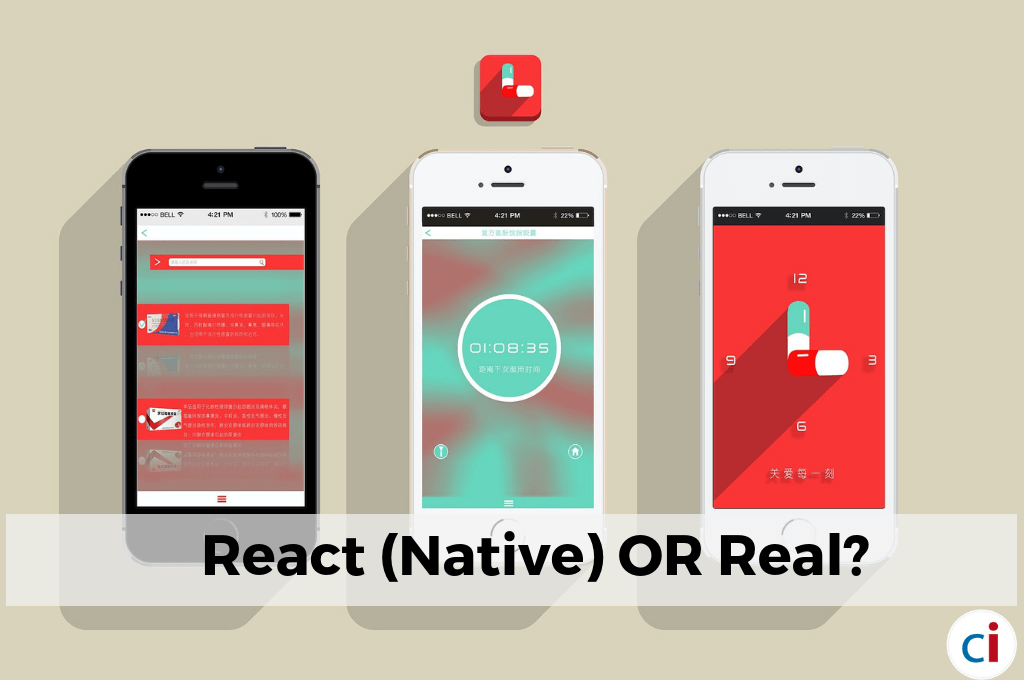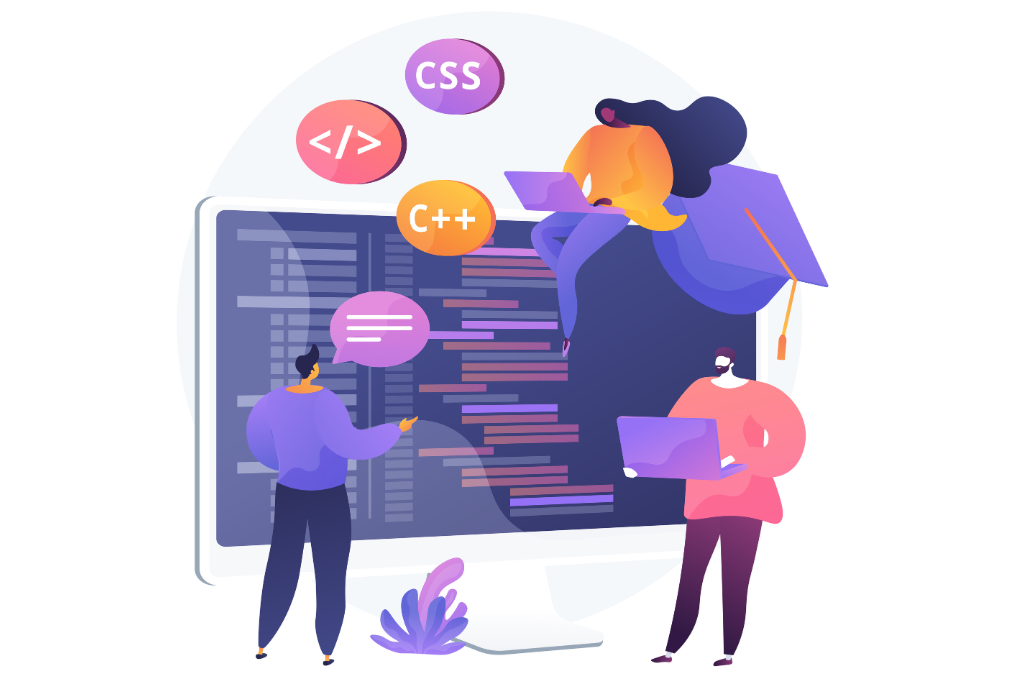Should I use React Native or a Hybrid framework that will be compatible with both platforms?
Mobile phones have overtaken the market as the biggest contributor to business scalability. To nobody's surprise, Mobile app development has gained itself an 'evergreen' status in the web development arena.
Post 2016, the worlds global mobile penetration has exceeded half the world’s population. The time spent on browsing through different apps has risen to 185 minutes on an average amongst the millennials and 110 minutes with Gen X- as per Statista.com.
Looking at the current trend, it is imperative that companies accommodate the usage of mobile apps to make their jobs simpler. And every application needs the right framework and platform to create it.
But, before we analyze which is better- Native apps or React Native Apps, let's take a deep dive and understand what each of these actually mean.
To React (Native) or to be Real?
Showdown of the mobile app champs!
React Native
React native has become a popular framework amongst developers to create user-friendly apps on Android as well as iOS. As per a report published by the Newstack.com, nearly 33% of employers need React skills in developers today.
React Native began as Facebook’s internal hackathon plan and soon gained momentum amongst other web developers to create robust mobile applications.
React native apps use both Javascript and React library and its precision lies in the fact that the code, to a large extent, is used for both iOS and Android platforms as they too are written in Javascript.
Let us take a quick look at certain pros and cons of React Native.
Pros
- Time-saving: React is totally UI focused with a highly enhanced interface. You can use the same code i.e. Javascript to develop for both Android and iOS rather than using separate languages. It takes half the time to complete the given task.
- Flexible: It is an open source platform, which makes it easier to reuse a lot of components for your application. This makes it easier for web developers to develop mobile apps without any hassles. Thus, making the react native framework more trustworthy
- Low cost: Reduces the cost of developing apps on both platforms because of its cross-platform compatibility. There is a nearly 90% reusability of code between iOS and Android with the react native framework.
Cons
- Default editor: Atom IDE is the default editor of React Native Apps making it slightly redundant as compared to its peers Android Studio and Xcode.
- Coding: Javascript is not a strict language, that means it requires a lot of debugging at a continuous pace. Unlike other languages such as Swift or Java of Objective-C, which are very strict with their codes, Javascript usually has a lot of errors hidden inside the code. You have to be cautious while testing it to make sure that there are no bugs remaining.
- APIs: There are quite a few native APIs that React Native does not support making it difficult to integrate. For this you will need to code in Swift or Java, bringing us back to the same problem- choosing react native over real native.
Who can use this framework?
Any developer who is adept at using Javascript can easily develop apps using the react native framework. It is easier to use, hassle-free and saves time by creating an app for both Android as well as iOS platform in a jiffy.
Companies like Facebook, AirBnB, Myntra, Gyroscope, Instagram, UberEats, Bloomberg, etc. use the React Native framework.
Real Native
There are plenty of frameworks available for developing apps; however, the most common are the ones that are used for Android and iOS platforms. While developing for iOS you will need to code in Swift or Objective-C whereas Android makes use of Java and Kotlin languages developed in Android Studio.
Pros
- APIs: The biggest benefit is that real native is supported by all APIs and its functionalities. It helps to ease future updates as well. You need not depend on third-party factories as you can easily access everything you require through the real native framework.
- Large Community: There is a large community of real native libraries that makes it easier to sort resources if you ever need one. This framework supports all functionalities because of the use of native languages. It has a set architecture, which makes it easier to develop on it.
- Debugging: The native languages used to develop apps on iOS and Android are very strict with their usage. This makes it easier to debug even the most complex application. The usage of individual languages is a big advantage here.
Cons
- Time-consuming: It is the most time consuming as it requires a different UI and UX for different platforms. Their functioning and pixel clarity have to be absolutely perfect making it a long drawn process to create the best apps.
- Languages: If you are not familiar with native languages, you will find it difficult to transition into one. The ease of working with Javascript is quite different from swift or Objective-C or Java for that matter. It is quite nerve-wracking to learn these languages.
- High cost: The time taken to develop every app on a different platform is definitely directly proportional to the cost involved. It is quite a costly affair to develop using different languages for different platforms, not making it cross-platform friendly.
Who can use this framework?
Developers with adeptness in coding languages swift, Objective-C and Java can easily create beautiful apps in the native framework. The vastness of the functionalities enables them to work seamlessly on this architecture.
Comparison between React Native and Real Native
| Framework | Features | Documentation | Community support | Ease of Implementation |
|---|---|---|---|---|
| React Native |
Uses the same code i.e. Javascript for coding on any platform
Less time on regression testing
Quicker development
|
Poor documentation | Strong Support | Yes |
| Real Native |
Better for complex apps with high performance
Easier API integration
More secure and trustworthy
Customized UI and UX interfaces
|
Strong documentation | Strong Support | Yes |
Conclusion
Although both frameworks are excellent in their own way, there is no right or wrong in using any of the frameworks. React Native apps are much easier and better to use than real native and hence they are preferred. You can easily develop user-compatible apps on iOS and Android without coding the same thing twice! Hence React Native apps are much better if you have to launch your business in both the app stores.
Get the best of React Native framework today!



























